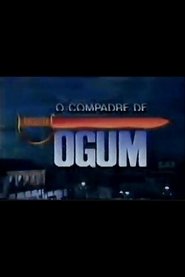detail profile agnaldo lopes
Peran Yang Di Mainkan Agnaldo Lopes
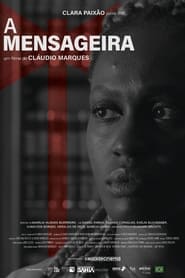 Fulfilling her work as a bailiff...
Fulfilling her work as a bailiff...The Messenger 2024
Fulfilling her work as a bailiff in Salvador, Íris delivers warrants and is often forced to execute orders that go directly against what she believes in. The job torments her. One day, with the disappearance of an activist after the execution of a warrant issued by her, the officer begins to investigate the crime and finds herself involved in the discovery of a large land grabbing scheme.
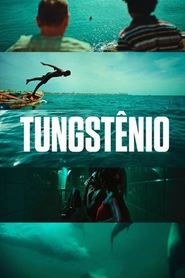 A retired army sergeant a police...
A retired army sergeant a police...Tungstênio 2018
A retired army sergeant, a police officer and his wife and a drug dealer apparently have nothing in common, but they will unite for a greater good. When people start using explosives to fish on the edge of Salvador, Bahia, this group will do everything to end this environmental crime. But in the search for the paths that seem most correct, each one of them will go through more personal and moral conflicts.
 Biographical film of Sister Dulce who...
Biographical film of Sister Dulce who...Irmã Dulce 2014
Biographical film of Sister Dulce, who, in life, was called the “Good Angel of Bahia”, also nominated for the Nobel Peace Prize and canonized by the Catholic Church. Contemplating from the 1940s to the 1980s, the film shows how the Catholic nun faced an incurable respiratory disease, machismo, the indifference of politicians and even the dogmas of the Church to dedicate her life to the care of the miserable, leaving a legacy that continues today.
 To escape past traumas a truck...
To escape past traumas a truck...Along the Way 2012
To escape past traumas, a truck driver João decides to leave his hometown behind and travel cross the country. Alone and lonely he drives all over Brazil until João discovers hiding in his truck a motherless boy looking for his father. Reluctantly, João agrees to take the boy to the nearest town and, during the trip, he finally finds the courage to face his past.
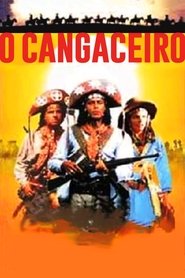 This is a remake of Brazils...
This is a remake of Brazils...O Cangaceiro 1997
This is a remake of Brazil's first international success in the cinema world. Just as its same name predecessor was, this film is a fictional version of the story of the "cangaceiros." These were bandits who sacked towns and spread terror throughout Northeastern Brazil in the 1930s. This group of outlaws is led by Captain Galdino and his wife Maria Bonita.

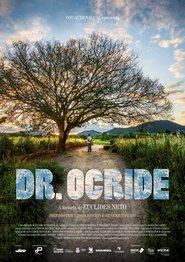
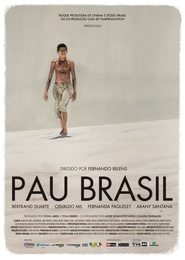 In Pau Brasil a small lost...
In Pau Brasil a small lost...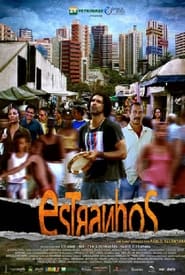 A street singer a former prostitute...
A street singer a former prostitute... Best friends Deco and Naldinho coown...
Best friends Deco and Naldinho coown...